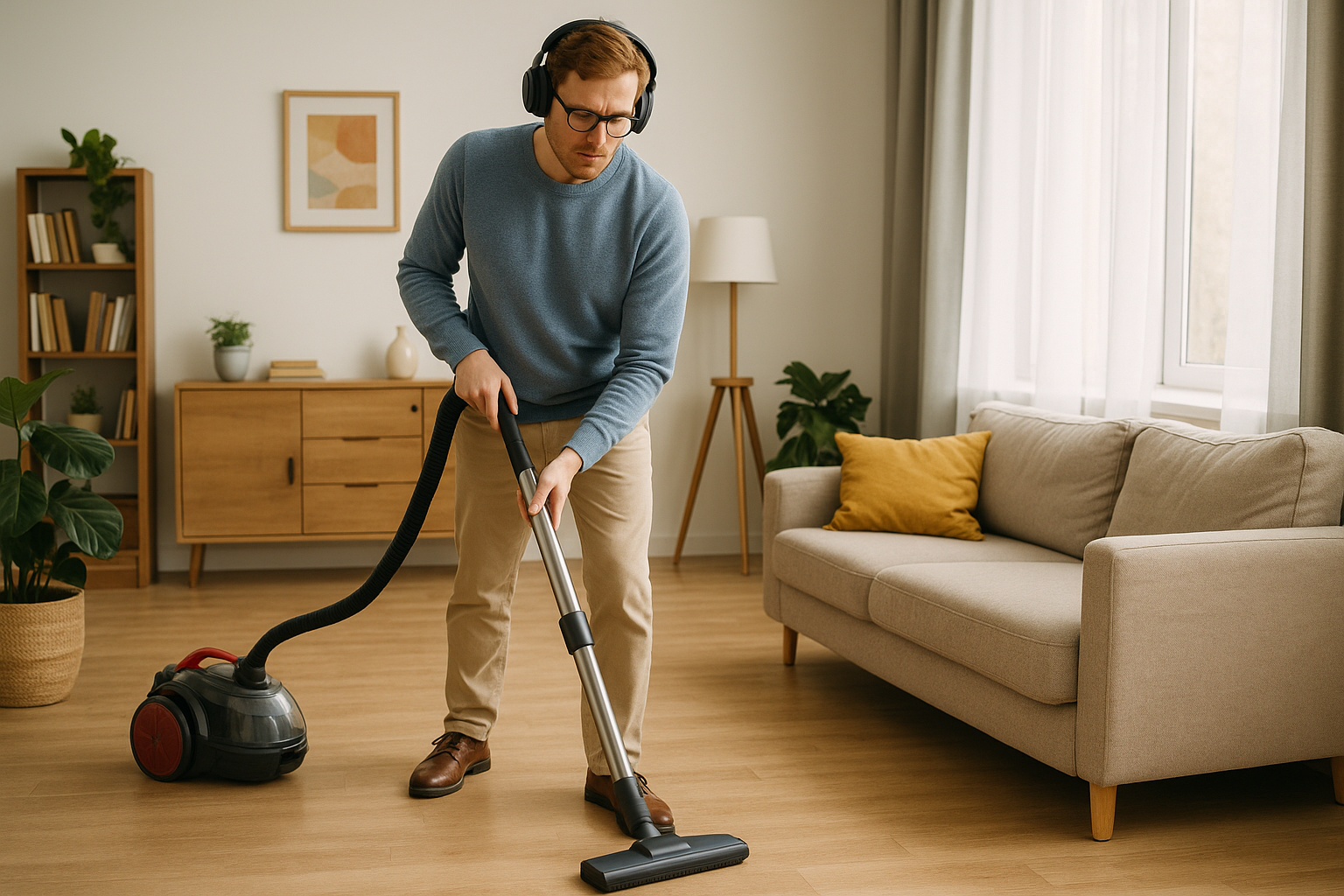 Vacuum noise isn’t just annoying—it can actually impact your mental well-being. What’s the connection between vacuum cleaner sound levels and psychological stress? Here’s what current research and wellness experts say.
Vacuum noise isn’t just annoying—it can actually impact your mental well-being. What’s the connection between vacuum cleaner sound levels and psychological stress? Here’s what current research and wellness experts say.
The Link Between Noise Pollution and Stress
Loud, persistent noises in the home—even from household appliances—are linked to increased stress and reduced focus. According to the World Health Organization, chronic exposure to noise above 70dB can raise blood pressure and disrupt sleep, especially for sensitive individuals or young children. Reducing overall background noise helps lower these effects.
How Quiet Vacuums Can Improve Home Wellness
Switching to a low-noise vacuum cleaner can contribute to a calmer, more comfortable environment. Healthline explains that a quieter home atmosphere supports relaxation and better mood, which can improve productivity and family harmony. Look for vacuums labeled “silent” or “low-noise” and check for decibel ratings before buying.
Building a Low-Stress Cleaning Routine
It’s not just about the machine—your habits matter too. Verywell Mind recommends regular, short cleaning sessions and using headphones or background music to mask unavoidable noise. Establishing a predictable cleaning schedule can also reduce stress and help everyone at home adapt.
A wellness-focused vacuum combines powerful suction, excellent filtration, light weight, quiet operation, quality attachments, strong runtime, flexible corded/cordless use, easy portability, and even wet/dry cleaning for whole-home comfort.
For wellness product recommendations, stress-busting cleaning routines, and noise-reduction tips, visit www.lxvacuum.com

















